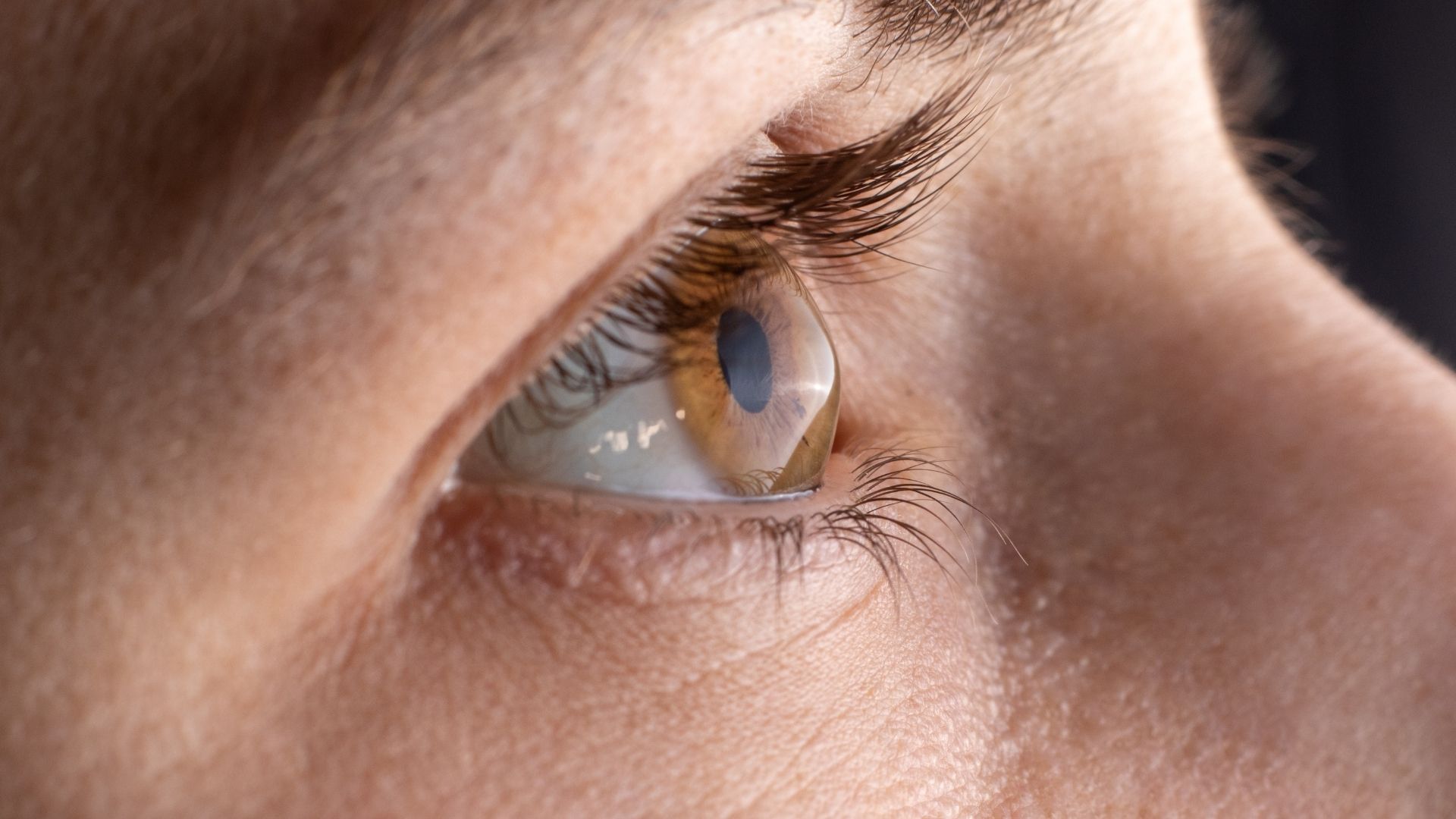While stress plays a key role in many diseases, it also negatively affects eye health. Central serous chorioretinopathy, that is, fluid accumulation in the retina, which usually occurs during periods of intense stress, can even cause vision loss. From Memorial Şişli Hospital Eye Center, Prof. Dr. Abdullah Özkaya gave information about central serous chorioretinopathy and its treatment.
Stress, which is one of the biggest problems of our age, can cause vision problems as well as many diseases. Those who work under intense stress, are perfectionists, and have type A personality may be exposed to vision problems. Central serous chorioretinopathy, which is known to be caused by stress, can go away on its own, or it can become chronic and permanent.

Do not use nasal spray without asking the doctor
Central serous chorioretinopathy, which can be defined as fluid collection under the retina, can be seen more frequently in young and middle-aged adults, according to studies. According to studies, this condition can develop more frequently in men than in women. Although the cause of the disease is not fully understood, it is thought that systemic exposure to corticosteroid medication may present this problem. Corticosteroids can be found in some over-the-counter nasal sprays or anti-inflammatory skin creams. For this reason, it is important not to use such products without asking the doctor.
It is more common in type A personalities
It turns out that central serous karyoretinopathy is more common among patients with emotional distress or type A personalities. This is explained by the fact that the body produces natural corticosteroids due to stress. Although studies have revealed that there is a connection between A-type behavior and stress, psychopharmacological drug use, sleep disorders and this disease; considered as possible risk factors. It has been suggested that the link between personality traits and stress is mediated by stress hormones, especially corticosteroids and catecholamines. Among the risk factors for the disease are having a similar family history and having high blood pressure. Although it is known that some drugs can cause this problem, the ophthalmologist must be informed about any medication taken.
In some patients, it may not show any symptoms.
With the disease, the patient’s vision becomes blurred. However, some patients may not have symptoms. Routine eye examinations are very important in this sense. The ophthalmologist takes an image of the retina while examining the eye by enlarging the pupils. In addition, Optical Coherence Tomography is applied. Thus, the physician examines the retina thoroughly. In addition, fluorescein angiography can be performed when necessary.
Early diagnosis is important
The disease can sometimes resolve spontaneously without treatment. Depending on the situation, thermal laser treatments, various drugs and eye injections can also be applied for treatment. Based on the symptoms and the patient’s condition, the ophthalmologist will determine the best treatment options. Early diagnosis is important in this disease, so permanent vision loss can be prevented. It is also important to control stress.



